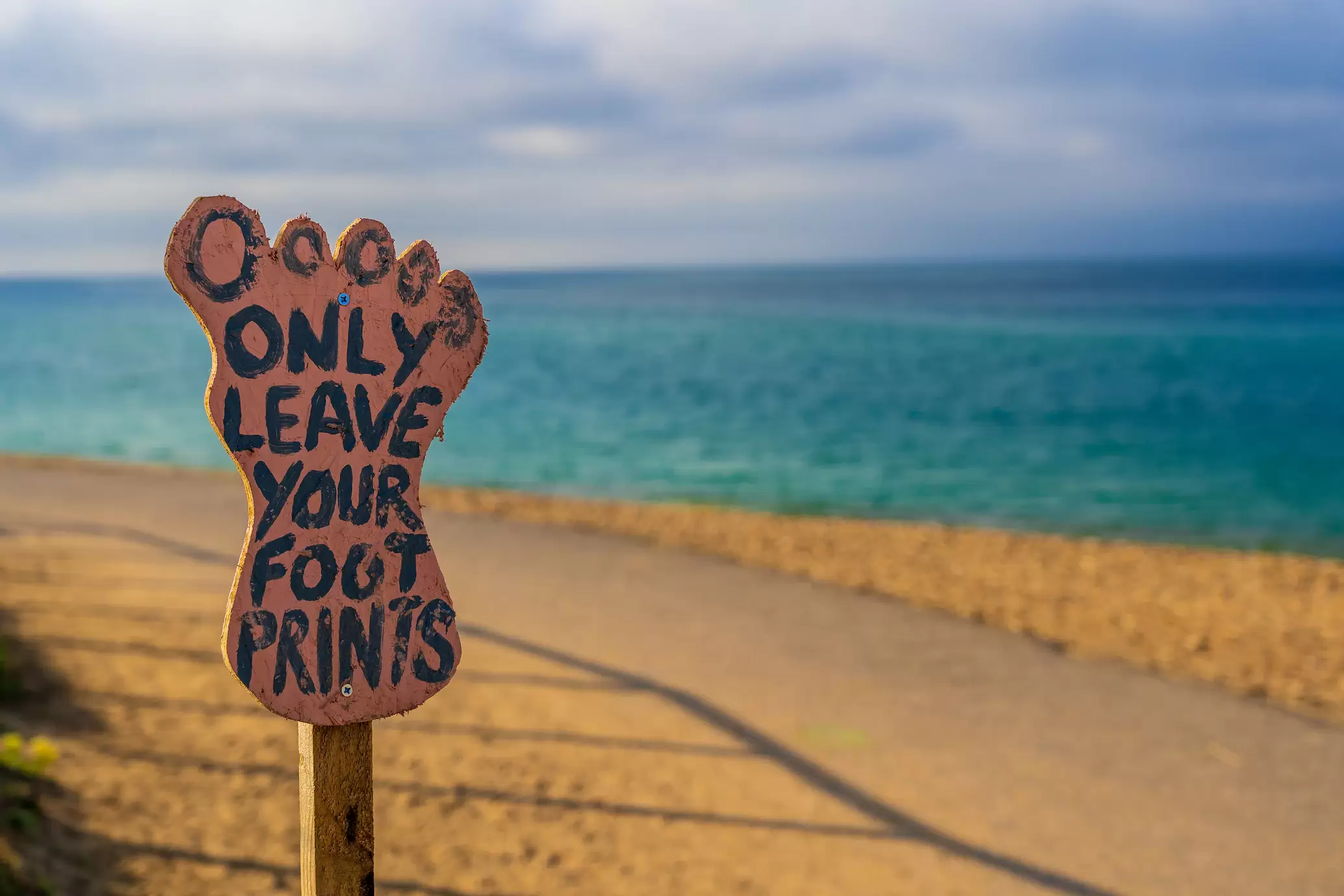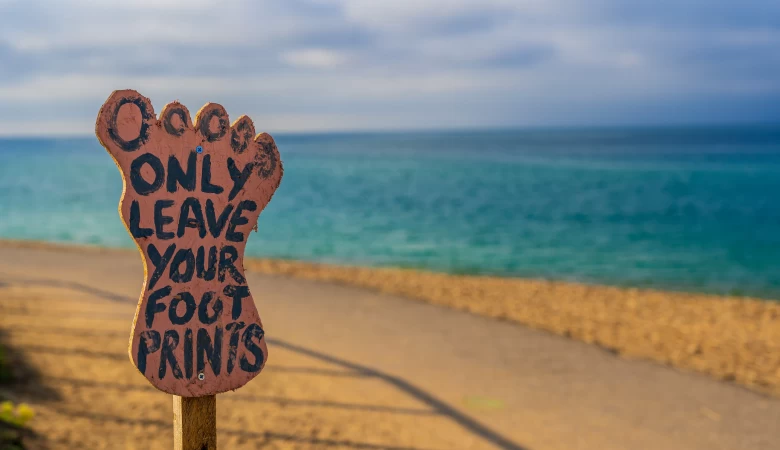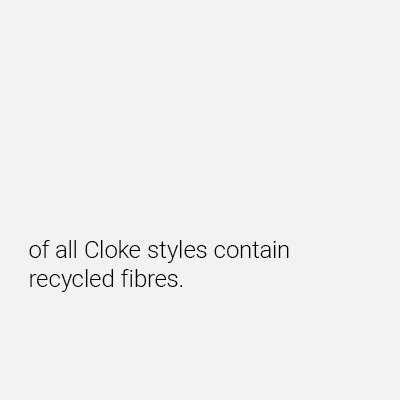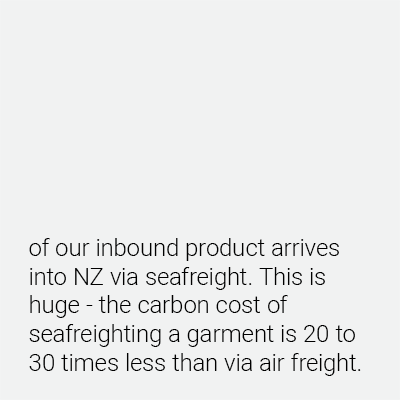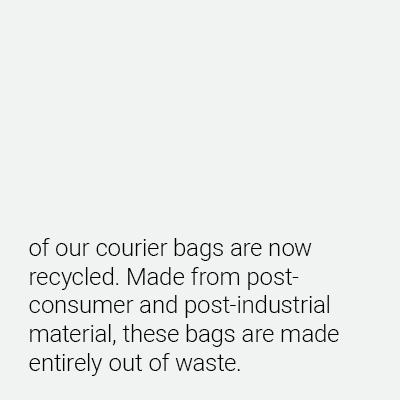ENVIRONMENTAL SUSTAINABILITY
As a brand, we’re what some call ‘slow fashion’; the polar opposite of the fast fashion phenomena that began over 20 years ago.
Fast fashion was a revolution: Clothing became cheaper. Trend cycles sped up. Instead of launching 2 – 4 collections per year, retail brands were launching new ranges on a monthly and sometimes weekly basis.
The problem with cheap and up-to-the-minute is twofold:
Firstly, as the clothing is produced in the cheapest way possible, it is usually not sustainable, and sometimes not even ethical.
Secondly, up-to-the-minute generally goes out of fashion as fast as it comes ‘in’, encouraging excess consumption and throw-away behaviour.
With our range, you’ll find we have a particular focus on timeless styles, designed to look as good in 10 years’ time as they do now.
But we're more than that. Sustainability is a core element of Our Purpose. Some say we’re being a little aspirational. We are. Aspiration leads to change and we need to change for the sake of our planet and future generations.
INITIATIVES & CHANGES SO FAR
Treatment of wastewater after fabric dyeing to ensure clean waterways. As part of a broader project on the transparency of our supply chain, we are working with suppliers to ensure the dyeing processes and wastewater treatment systems meet environmental standards, and that no toxins or pollutants are being discharged into waterways. This is particularly critical in less-developed countries, where water supply infrastructure is less developed.
Re-using or recycling our waste packaging. Because why wouldn’t you?
Natural cartons. We avoid using cartons that are bleached white, due to the use of chlorine in the bleaching process and the resultant toxic organochlorine byproducts.
Plastic bags. With product transiting via sea freight and passing through humid locations, plastic remains the best protection against decay caused by moisture. Completely removing plastic could result in spoiled garments, wastage and landfill. Hence a balanced approach is required – reducing usage, while simultaneously changing to sustainable plastics. From early 2022 we have been using bags made from recycled LDPE. This material is sourced from pre-consumer plastic waste, which would otherwise end up in landfill.
Switching to energy efficient lighting. This project saw us replacing halogen lighting with energy-efficient LED lighting, as the lights reached the end of their lifespan. Both our warehouses are now 100% LED.
Donating defective or end-of-life garments to charities that would otherwise go to landfill. Read more about our ‘Giving back’ here.
Recycling fabric offcuts. Our cotton T-shirt supplier is ‘closing the loop’; their fabric offcuts go to a recycling facility for another life elsewhere, preventing waste from going to landfill.
